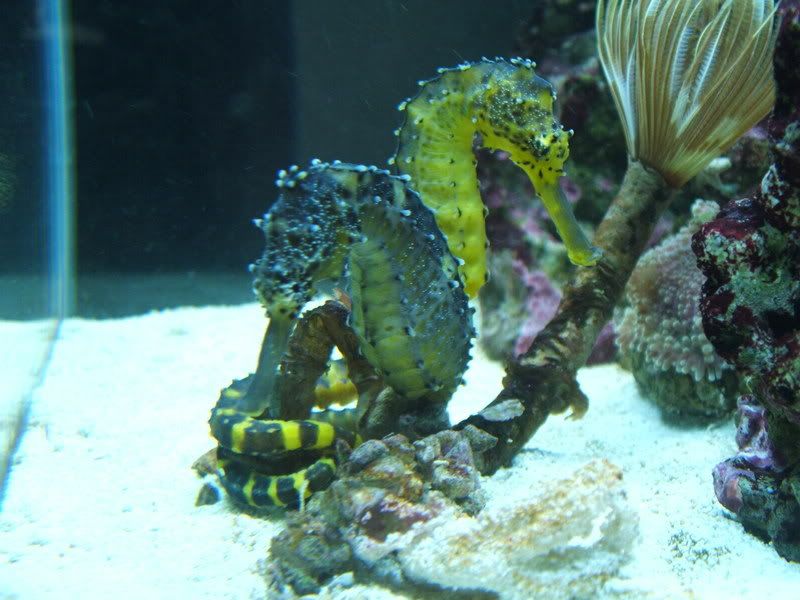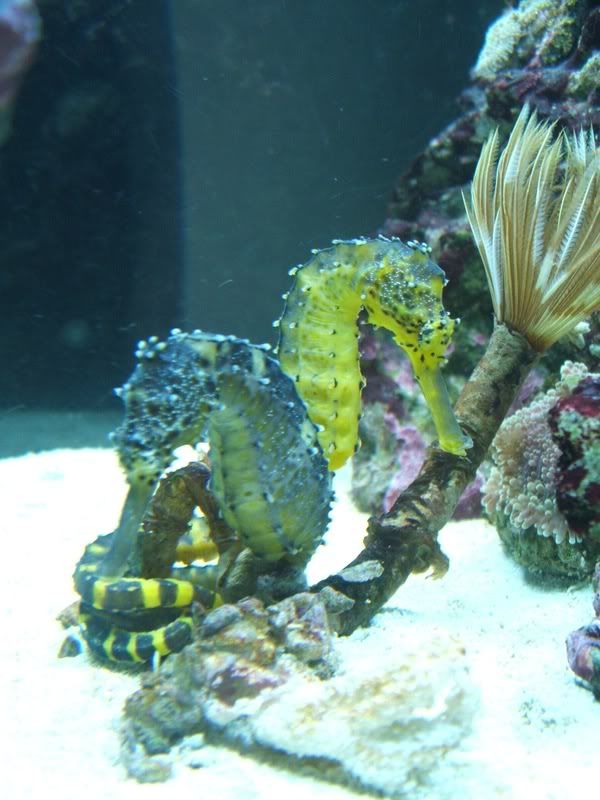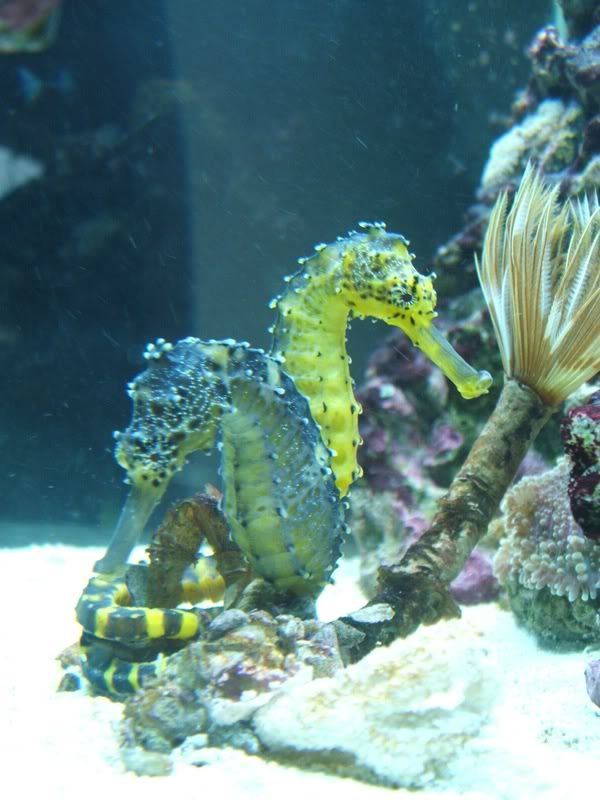kanicky
Member
Hi all-
Imagine my surprise when I came home from work today to find that my wonderful boyfriend had gotten me two new seahorses (male-female) to replace the ones I lost!
They are absolutely gorgeous, and I think the male may even be preggo!
If you don't mind, I'd love to get a positive ID on them:



Imagine my surprise when I came home from work today to find that my wonderful boyfriend had gotten me two new seahorses (male-female) to replace the ones I lost!
They are absolutely gorgeous, and I think the male may even be preggo!
If you don't mind, I'd love to get a positive ID on them:






